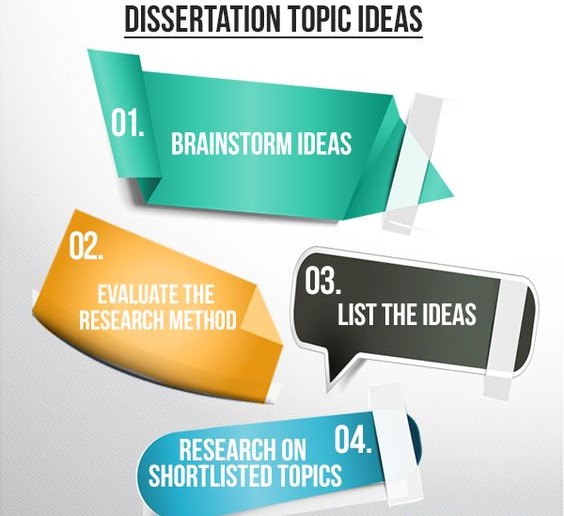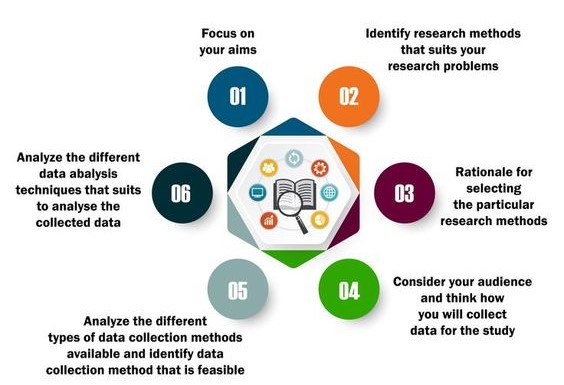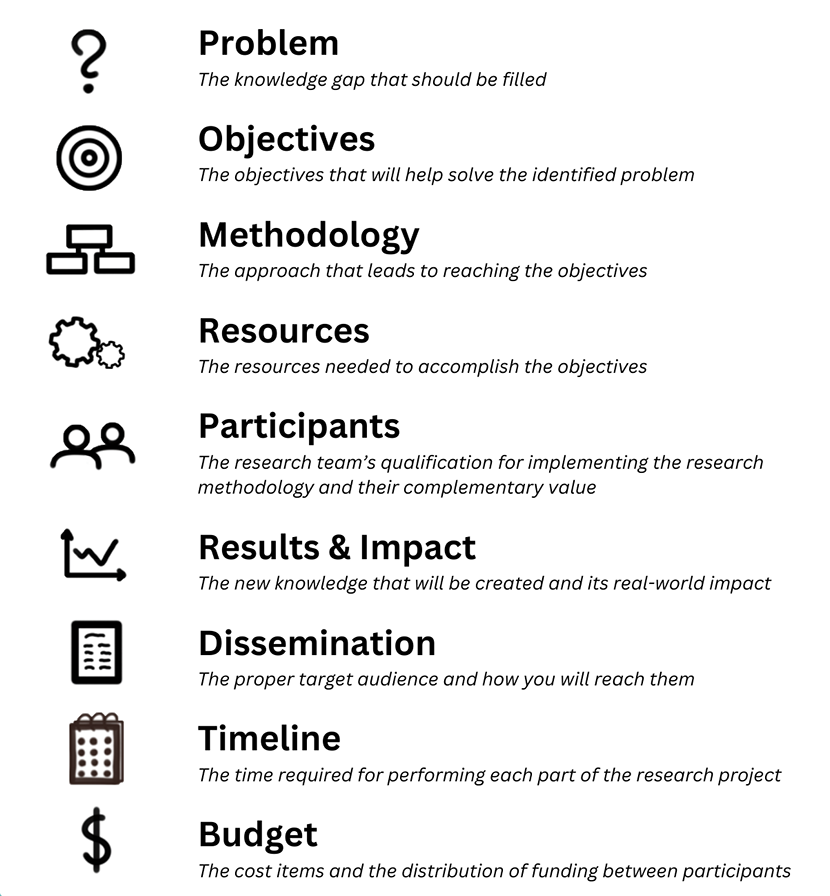
Table of Contents
Embarking on the journey of a nursing dissertation is a significant undertaking, requiring not just intellectual prowess but also a strategic approach. The nursing dissertation proposal serves as the foundation upon which your research will be built, a roadmap that guides your journey from conceptualization to conclusion. A well-crafted nursing dissertation proposal is the key to securing approval, attracting funding, and ensuring the success of your research project.
This article aims to equip you with the knowledge and tools to write a winning nursing dissertation proposal that resonates with your committee, showcases your research potential, and sets the stage for impactful findings.
The Importance of a Dissertation Proposal
A dissertation proposal is a formal document that outlines your proposed research project for your doctoral dissertation. It’s essentially a detailed plan that lays out your research question, methodology, and expected outcomes, serving as a roadmap for your entire dissertation journey.

Here’s why the dissertation proposal is so important:
1. It demonstrates your understanding and commitment: Your proposal showcases your understanding of the existing research in your field, your ability to identify significant gaps, and your capacity to formulate a relevant and feasible research question. It demonstrates your commitment to rigorous scholarly work and your ability to contribute meaningful knowledge to your discipline.
2. It secures approval from your committee: The proposal is the first hurdle you must clear before embarking on your dissertation research. It needs to be approved by your dissertation committee, who will assess its feasibility, originality, and potential contribution to the field. A well-crafted proposal is more likely to gain approval and set you on the right path.
3. It guides your research process: The proposal acts as a compass, guiding your data collection, analysis, and interpretation. It ensures you stay focused on your research question and prevents you from veering off-topic or pursuing irrelevant tangents.
4. It helps you secure funding: For many dissertation projects, securing funding is essential. A strong proposal can attract funding agencies by demonstrating the project’s potential for groundbreaking findings and its relevance to real-world problems.
5. It serves as a foundation for your dissertation: The proposal provides a solid base for your dissertation. The research question, methodology, and expected outcomes outlined in the proposal will form the foundation for your chapters, ensuring consistency and coherence throughout your dissertation.
In essence, the dissertation proposal is the cornerstone of your dissertation journey. It represents the culmination of your preliminary research, your vision for your research project, and your commitment to making a valuable contribution to your field. By investing time and effort into crafting a strong proposal, you set the stage for a successful and rewarding dissertation experience.
How to Write a Compelling Nursing Dissertation Proposal
1. Choosing a Relevant and Fulfilling Topic
The first step in crafting a winning nursing dissertation proposal is identifying a compelling research topic. This topic should be grounded in your passion for nursing and driven by a genuine desire to contribute meaningfully to the field. Remember, this is a long-term commitment, so selecting a topic that excites and challenges you is crucial.
Consider these factors when choosing your dissertation topic:
- Relevance: Is your topic aligned with current healthcare challenges and research gaps? Does it address an area of pressing concern in nursing practice, education, or policy?
- Feasibility: Is your research project achievable within the given timeframe and resources? Do you have access to the necessary data, participants, and expertise?
- Significance: Will your research have a real-world impact on patient care, nursing practice, or healthcare outcomes? Does it hold the potential to advance knowledge and improve patient lives?
- Personal Interest: Is the topic personally meaningful to you? Does it resonate with your values, experiences, and professional goals?

2. Conducting a Thorough Literature Review
A comprehensive literature review is the cornerstone of a strong nursing dissertation proposal. It demonstrates your knowledge of the existing research landscape, identifies gaps in the literature, and provides a foundation for your research question and hypotheses.
Here’s how to conduct a thorough literature review:
- Identify Key Terms: Use relevant keywords and search databases like PubMed, CINAHL, and Scopus to gather relevant articles, books, and reports.
- Analyze Existing Research: Critically evaluate the existing studies, summarizing their findings, methodologies, and limitations. Identify areas where further research is needed.
- Synthesize Findings: Present a clear and concise overview of the current state of knowledge on your chosen topic, highlighting key themes and controversies.
- Identify Research Gaps: Identify unanswered questions, contradictory findings, or areas where further research is needed. Your research project should aim to address one or more of these gaps.
3. Formulating a Clear Research Question and Hypotheses
A well-defined research question is the heart of your nursing dissertation proposal. It provides a focused direction for your research, guiding your data collection and analysis.
Here are key principles for crafting a strong research question:
- Specificity: Avoid broad or ambiguous questions. Your question should be clear, concise, and directly related to your research topic.
- Measurability: The question should be phrased in a way that allows for empirical investigation and data collection.
- Relevance: The question should address a significant gap in the literature or contribute to a current debate in the field.
- Feasibility: The question should be answerable within the scope of your research project and available resources.
Once you have a strong research question, you can formulate hypotheses, which are testable predictions about the relationship between variables. These hypotheses should be based on your literature review and provide a framework for your data analysis.
4. Designing a Rigorous Research Methodology
The methodology section of your nursing dissertation proposal outlines your research design, data collection methods, and data analysis plan. This section should demonstrate your understanding of research principles and your ability to conduct rigorous and ethical research.
Consider the following aspects when designing your methodology:
- Research Design: Choose the research design that best fits your research question and hypotheses. Common designs in nursing research include quantitative, qualitative, or mixed-methods designs.
- Data Collection Methods: Select appropriate data collection methods, such as surveys, interviews, observations, or physiological measurements. Ensure the chosen methods are valid, reliable, and ethical.
- Sample Selection: Describe your target population and sampling strategy, ensuring that your sample is representative of the population of interest.
- Data Analysis Plan: Explain the specific statistical or qualitative methods you will use to analyze your data. Ensure your analysis methods align with your research question and hypotheses.

5. Addressing Ethical Considerations
Ethical considerations are crucial in nursing research, particularly when dealing with human participants. The ethics section of your nursing dissertation proposal should address the following aspects:
- Informed Consent: Outline the process for obtaining informed consent from participants, ensuring they understand the purpose of the study, potential risks and benefits, and their right to withdraw.
- Confidentiality and Anonymity: Describe the measures you will take to protect participant confidentiality and anonymity, ensuring that their personal information is not disclosed.
- Data Security: Explain how you will store and manage data securely to protect it from unauthorized access or loss.
- Ethical Review: Indicate that your research proposal has been reviewed and approved by an institutional review board (IRB).
6. Presenting a Realistic Timeline and Budget
The timeline section of your nursing dissertation proposal should outline the projected schedule for completing your research project. This includes milestones, deadlines, and estimated timeframes for each stage of the research process. A realistic timeline ensures that you can complete your research within the required time frame.
If you are seeking funding for your research project, you should also include a budget section that details the estimated costs associated with your research, including:
- Data Collection Costs: Costs associated with collecting data, such as surveys, interviews, travel, or laboratory tests.
- Data Analysis Costs: Costs related to software, statistical analysis services, or hiring data analysts.
- Publication Costs: Costs associated with publishing your research findings in journals or conference proceedings.
7. Writing a Clear and Concise Proposal
Your nursing dissertation proposal should be well-organized, clear, and concise. Use a professional and scholarly tone, and avoid jargon or overly technical language. Structure your proposal using headings and subheadings to improve readability and organization.

Here’s a suggested structure for your nursing dissertation proposal:
- Introduction: State your research topic, its significance, and the gap in the literature you aim to address.
- Literature Review: Summarize the relevant existing research, identify key themes and controversies, and highlight research gaps.
- Research Question and Hypotheses: Present your research question and hypotheses, clearly stating your predictions.
- Methodology: Describe your research design, data collection methods, data analysis plan, and sample selection.
- Ethical Considerations: Address ethical considerations related to informed consent, confidentiality, data security, and IRB review.
- Timeline and Budget: Present a realistic timeline and budget for your research project.
- References: Include a comprehensive list of references cited in your proposal.
8. Seeking Feedback and Revisions
Before submitting your nursing dissertation proposal, it is crucial to seek feedback from your advisor, committee members, and other knowledgeable colleagues. Their insights can help you identify areas for improvement, strengthen your arguments, and refine your research design. Be open to feedback and revise your proposal based on the suggestions you receive.
Mistakes to Avoid in Your Nursing Dissertation Proposal
Crafting a strong nursing dissertation proposal is crucial for a successful and impactful research project. Here are some common mistakes to avoid when writing your nursing dissertation proposal:
1. Lack of Clarity and Focus:
- An ideal nursing dissertation proposal should have a clear and concise research question that guides the entire project. Avoid overly broad topics or vague research questions.
- The proposal should outline the specific aims and objectives of the study, ensuring they directly address the research question.
2. Weak Literature Review:
- The literature review should be comprehensive and demonstrate a thorough understanding of the existing research on the chosen topic.
- Avoid simply summarizing existing studies; instead, critically analyze the strengths and weaknesses of previous research, highlighting the gaps that your nursing dissertation proposal aims to address.
3. Unrealistic Methodology:
- The methodology section should describe a feasible and appropriate research design and data collection methods.
- Be realistic about the resources, time, and expertise required to execute the proposed study.
- Avoid choosing a complex methodology without the necessary skills and resources.
4. Inadequate Ethical Considerations:
- The nursing dissertation proposal must clearly address ethical issues related to the study, including informed consent, data privacy, and potential risks to participants.
- Outline the measures you will take to ensure ethical conduct throughout the research.

5. Lack of Feasibility and Time Management:
- Be realistic about the timeline and feasibility of the proposed research project.
- The nursing dissertation proposal should outline a realistic timeframe for completing each stage of the research process.
6. Neglecting the Significance and Impact:
- Clearly articulate the significance of your research question and the potential impact of your findings on the nursing profession and patient care.
- Justify the value of the proposed research and explain how it will contribute to the body of knowledge in nursing.
7. Poorly Written and Unorganized Proposal:
- The nursing dissertation proposal should be well-written, concise, and organized.
- Use clear and concise language, and ensure the proposal adheres to the required format and length guidelines.
- Proofread carefully for errors in grammar, spelling, and punctuation.
By diligently addressing these potential pitfalls, you can ensure your nursing dissertation proposal effectively communicates your research vision and lays a solid foundation for a successful dissertation project.
The Role of the Nursing Dissertation Proposal in Your Success
The nursing dissertation proposal serves as a blueprint for your research journey, guiding your every step from conceptualization to dissemination. By crafting a compelling and comprehensive proposal, you not only secure the approval of your committee but also lay the foundation for a successful and impactful research project. It demonstrates your research capabilities, ensures clarity and focus, and sets the stage for impactful findings that will contribute meaningfully to the field of nursing.
Remember, the nursing dissertation proposal is not just a formality; it is a vital step towards achieving your research goals. By following these guidelines, you can create a proposal that resonates with your committee, showcases your research potential, and sets the stage for a rewarding and fulfilling dissertation experience.
Get Customized Nursing Dissertation Proposal Help
Are you having difficulties in writing your nursing dissertation proposal? Then, engage PhD Nurse Writer for professional help. We can assist you with crafting an impactful nursing dissertation proposal for academic excellence. Besides dissertation proposal writing, we can also assist you with proof reading and editing and, plagiarism check and removal. We also provide professional academic writing help for nursing research papers, essays and case studies.





